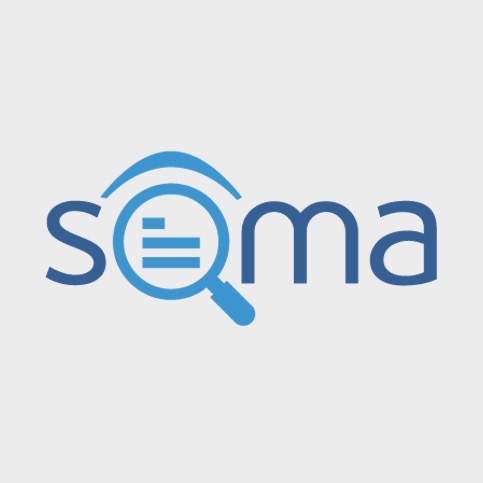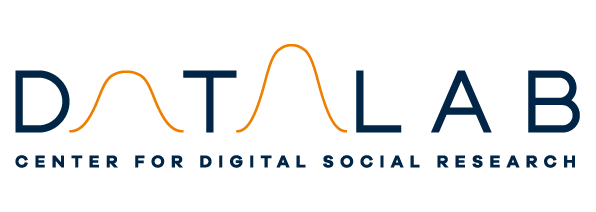DATALAB delivers first report as a part of EU project SOMA
The growth of social media and the availability of social media data has opened up new opportunities for researchers and journalists, but social media companies are making it increasingly difficult to obtain comprehensive access to data. This is the subject of the latest report to the European Commission delivered by DATALAB as part of the SOMA project, investigating past, present and potential future solutions for social media data transparency and data access.

As a reaction to several recent data scandals and the Cambridge Analytica controversy especially, social media platforms have imposed increasingly strict restrictions on data access, complicating or even preventing the work of researchers and journalists investigating potential critical questions for democracy.
Access to social media data is especially critical in the challenge of disinformation and its potential effects on voting behavior, and thus also critical in successfully establishing the EU Observatory against disinformation as a part of the H2020 funded SOMA-project.
As a partner in the project, DATALAB has delivered its first report to the European Commission, evaluating the current solutions for data transparency and data exchange with social media platforms, accounting for the historic obstacles and developments and posing alternative future scenarios and solutions for data access.
The report concludes that the current model for social media data access is flawed.
Social media APIs, the most used method for data access for researchers, are heavily restricted and limited, posing several challenges for both researchers and journalists, when it comes to data quality and data reliability.
Some social media companies have recently released more targeted tools to replace the APIs, but they are for the most part insufficient and limited in scope and information richness. Also, data grants for researchers, such as Facebook’s research partnership Social Science One, highly control what is being studied and who is studying it, limiting the field and volume of research significantly.
While these restrictions might have been made in an attempt to mitigate against privacy breaches, protecting privacy is not only about end-to-end encryption and protecting data. It is also about providing non-filtered access for researchers and journalists to detect if privacy breaches are possible or actual privacy violations take place.
Therefore, DATALAB propose establishing dedicated APIs for researchers and journalists respectively and establishing safe spaces for researchers to conduct data research without violating privacy laws. You can click here to download the full report and read more about these future scenarios.

